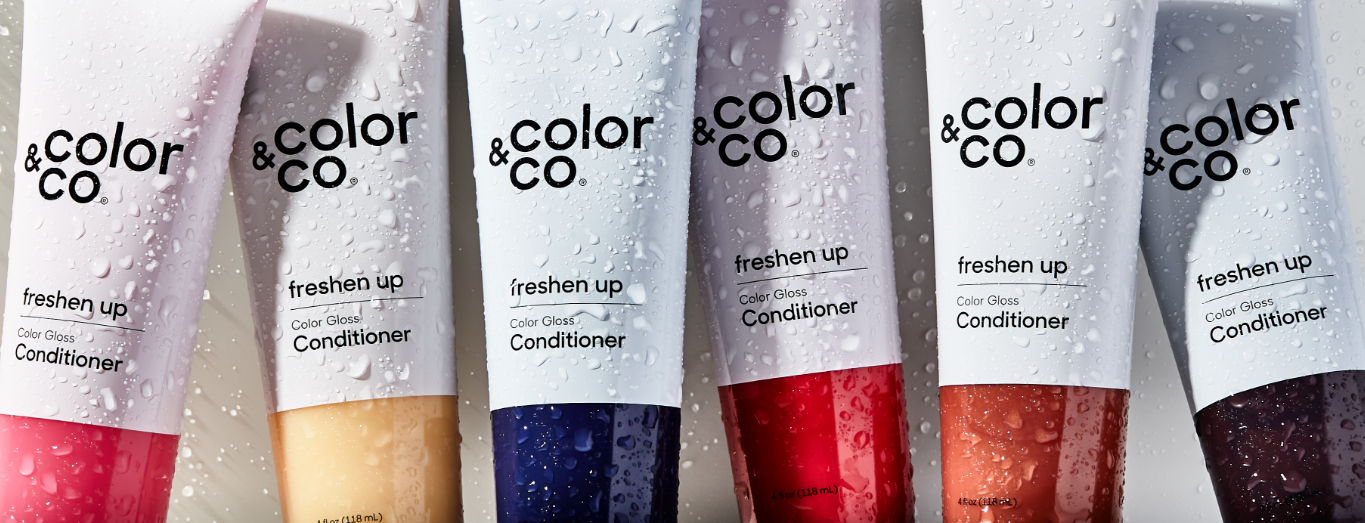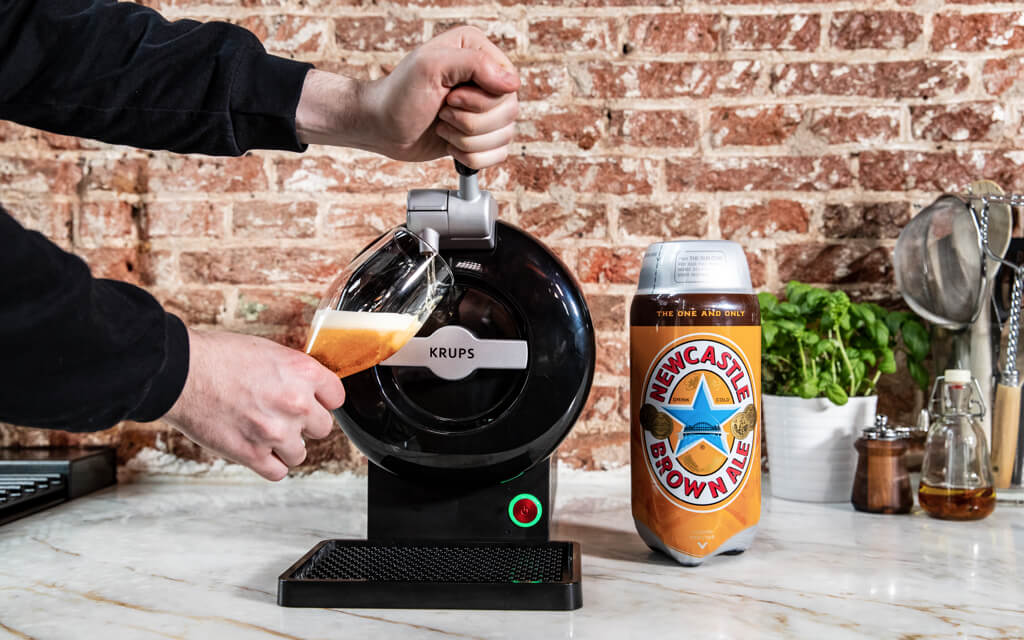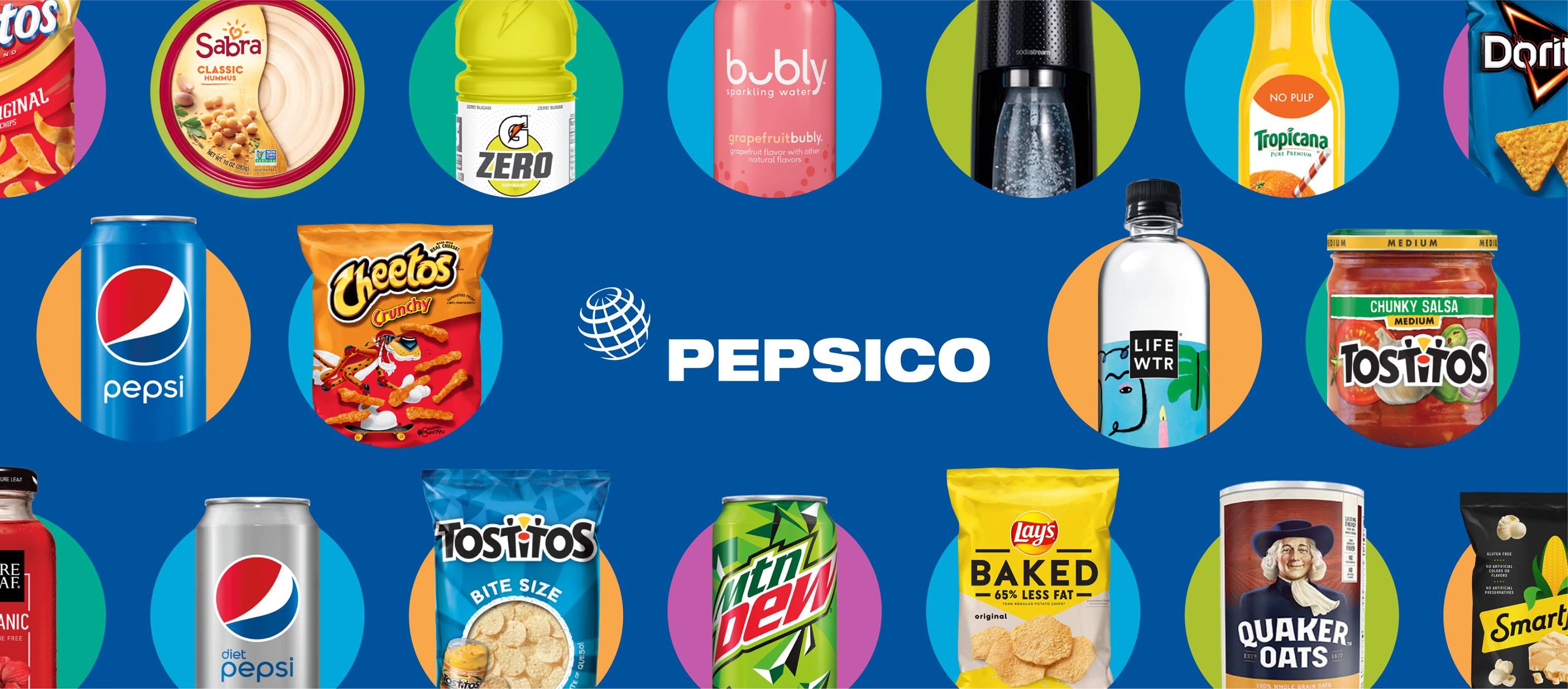Key takeaways
The D2C model has been on the rise for over a decade now, led by pioneers like Casper, Away, and Bark Box, who leveraged it to become the legendary unicorns they are today. Since then, the trend has spread like wildfire, surpassing the startup world to become a prominent fixture in the corporate realm - and it’s easy to see why:
- D2C sales in the U.S. are expected to reach $21,3 b by the end of 2021 (up from $17,8 b in 2020).
- A third of U.S. consumers plan to do at least 40% of their shopping from D2C brands in the next five years.
- Only 22% of D2C brands reported sales declines since the pandemic, compared to 80% of traditional retailers.
- 55% of consumers prefer to buy directly from the brand over a third-party retailer.
With numbers like these, it’s safe to assume we’ll be seeing a lot more D2C activity, with corporations around the world adapting the model in new and innovative ways. To give you a better idea of how D2C can help you create unprecedented growth, here are seven D2C corporate ventures that are transforming their industries.
Disney+

Disney+ is a subscription video streaming service with a library of content from Disney, Pixar, Marvel, Star Wars, National Geographic, and 20th Century Fox. It first launched in the U.S., Canada and the Netherlands with over 500 films and 7,500 episodes that included Disney+ original content (e.g. The Mandalorian).
Initial growth goals for the company included a target of 60 to 90 million subscribers by 2024, with reality surpassing everyone’s expectations:
- 10 million subscribers on day 1.
- 28 million subscribers three months after launch (it took Netflix 5 years to get there).
- Over 73,7 million subscribers today.
Although Disney+ still has a smaller paying customer base than Netflix with 193 million subscribers, there’s every reason to think it could be a real contender in the future.
Key Takeaway
Going D2C was a game-changer for Disney Media because it allowed them to repurpose their old products through a channel with proven value (just look at Netflix). All they needed to do was place the content customers liked in one place and make it accessible at any time.
Color&Co

Color&Co is a D2C hair colour brand that connects professionals with customers via live video chat. Each five to ten minute session is used to create a customised, at-home hair colour, which is then delivered directly to the customer’s door.
Customers usually have two options within the hair colouring space: paying a premium salon price or purchasing an at-home colour kit. Color&Co offers clients a middle ground, so they can enjoy professional guidance even if they can’t afford a salon. It’s also a great alternative to have during a pandemic like Covid-19 or if you simply don’t have the time to make it to the salon.
Professional stylists who join can supplement their income by offering video consultations on a flexible schedule. As described by co-founder Deb Rosenburg:
"If colourists don't have someone sitting in their chair, they might not be getting paid. Or, after 20 years of standing, maybe a hairdresser is tired and wants to sit down on Tuesdays. Maybe their kid is going to college, and they need to generate extra income."
Key Takeaway
Besides creating a D2C channel for L'Oreal, Color&Co also brings expert treatments to the consumer. Under the slogan: "We believe that everyone deserves professional hair colour expertise and individual attention”, they’re democratising hair colouring secrets.
Heinz to Home

Heinz to Home was first launched in the UK for customers that preferred to shop online due to the pandemic. The initiative started by delivering basic products like baked beans and tomato soup but quickly expanded based on customer demand. Newer bundles included meals and snacks for kids, and special father’s day offerings, just to name a few.
It took three weeks to launch the service, and the key learnings were quickly leveraged to start the initiative in new countries.
“We saw this was very interesting. Australia went on and copied the platform. In two weeks, they had their own D2C platform. We are doing the same in Italy now. That is the scale you can get by leveraging best practices.”
- Kraft, International Zone President, Rafa Oliveira
Key Takeaway
If your customers can’t get to your products due to unforeseen circumstances, find ways to get your products to the customer. Heinz to Home offers consumers another way to purchase the products they love, delivered right to their door.
Beerwulf

Beerwulf is an online platform designed by and dedicated to beer enthusiasts. Their mission is to make a wide variety of craft and speciality beers accessible to everyone.
Just one year after launch, their website grew from 400 orders per week to 400 orders per hour - an achievement that earned them the 2018 golden Dutch Interactive Award (DIA). Since then, they’ve expanded their services from The Netherlands to include Belgium, the UK, Germany, Portugal, Spain, and France.
Key Takeaway
Aware of the growing craft beer market, Heineken decided to facilitate the trend instead of fighting it. Beerwulf became a D2C platform where homebrewers can offer their creations to the public using Heineken’s infrastructure and reach. In return, Heineken has gained access to valuable insights into the preferences of beer enthusiasts.
Peacock

Peacock is an SVOD service with three subscription plans: free, premium, and premium ad-free. The offering features a variety of TV shows, movies, and original series, along with news
updates, sports and on-demand content.
Unlike other SVOD services like Netflix and Amazon Prime, Peacock’s unique 3 tier offering is inclusive, enabling people who can’t afford extra costs to access the service. As explained by Matt Strauss, chairman of Peacock and NBCUniversal Digital Enterprises:
“There were already signs of subscription fatigue. And there was this belief in the industry that people didn’t want advertising or didn’t like advertising. That just isn’t true. Free, ad-supported content plays to our strength, and that has been where we focused.”
For many viewers, this could be the perk that makes them choose Peacock over other SVOD options.
Key Takeaway
Peacock enables Comcast to repurpose older assets through new revenue channels. Going D2C was a great way to reach new audiences and gain valuable customer data about viewer
preferences and boost their digital transformation.
PantryShop

PantryShop enables users to order snack kits with PepsiCo products like SunChips, Quaker Oats, Gatorade and Tropicana. Free shipping is standard, and purchases are mobile optimised
to provide a seamless and convenient customer experience. The kits come in different categories, including Rise & Shine, Protein, Snacking, Workout & Recovery, and Family Favorites, and pricing varies from $29,95 to $49,95.
The initiative was taken from concept to execution in less than 30 days by leveraging Pepsico assets like know-how, inventory, customer insights and technology.
Key Takeaway
Pepsico noticed their customers couldn’t access their products when the pandemic started and created a way to go directly to them. The D2C model provided a low-resource structure for them to meet customer needs more efficiently.
Visible

Visible is a low-cost phone service with no physical stores, no annual contracts, and no foot-long bills. It offers unlimited data, minutes, and messaging services for a flat fee of $40 a month. Every aspect of the plan can be managed through the Visible app, making it easier for customers to sign up, order what they need and even terminate their plans at any time from anywhere.
They even have a Pay Party option where groups of customers (you can sign up with friends or family or even strangers to form a “party”) can access the plan for less money (e.g. groups of 2 pay $35 each per month, groups of 3 pay $30 and groups of 4 pay $25).
Key Takeaway
Through research and co-creation with customers, Verizon created a straightforward plan, no hidden fees, and no long-term contracts through a D2C channel. Despite having created a potential competitor, Visible helps Verizon more accurately meet client demand with a direct, transparent experience.
D2C as part of your innovation strategy
Experimenting with your own corporate startup is a low-risk way to test how the D2C business model can benefit your business. Like the companies above, you can leverage it to reach new markets, access customer insights, gain control over your branding and increase profits by cutting out third party retailers.
With more people than ever shopping online and directly from vendors, making a D2C pivot is a smart move - and there’s no better time than now to start innovating.
-----
Would you like to develop your own D2C venture? We can help you design, validate and pitch your new concept, so you can turn it into a thriving business.









